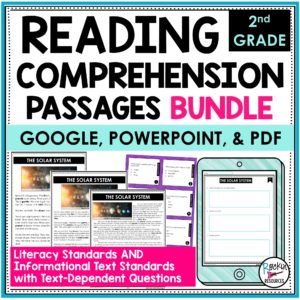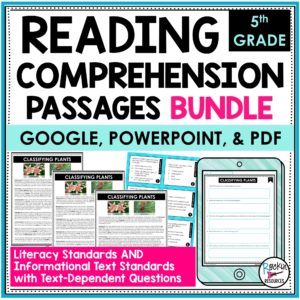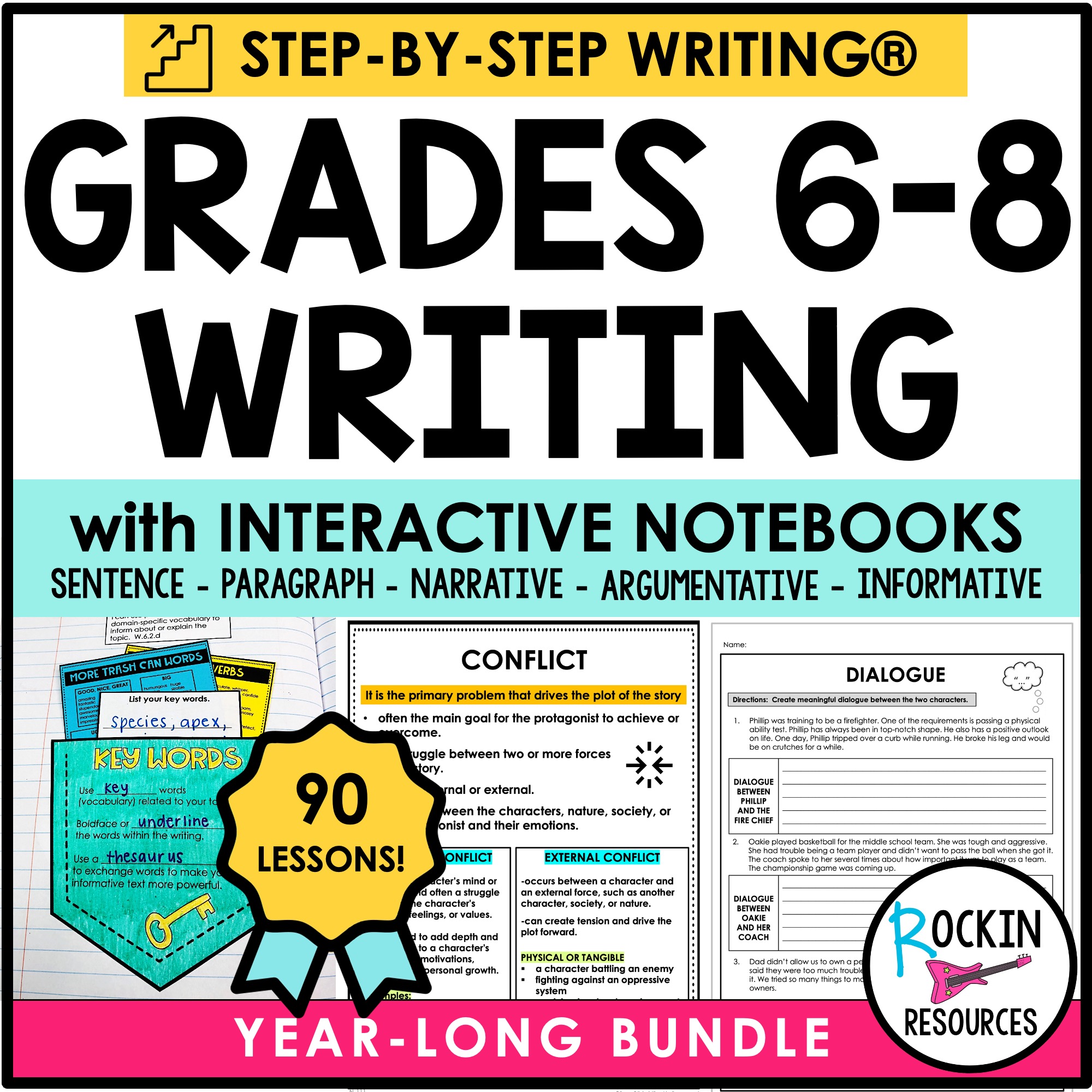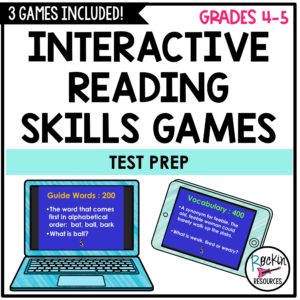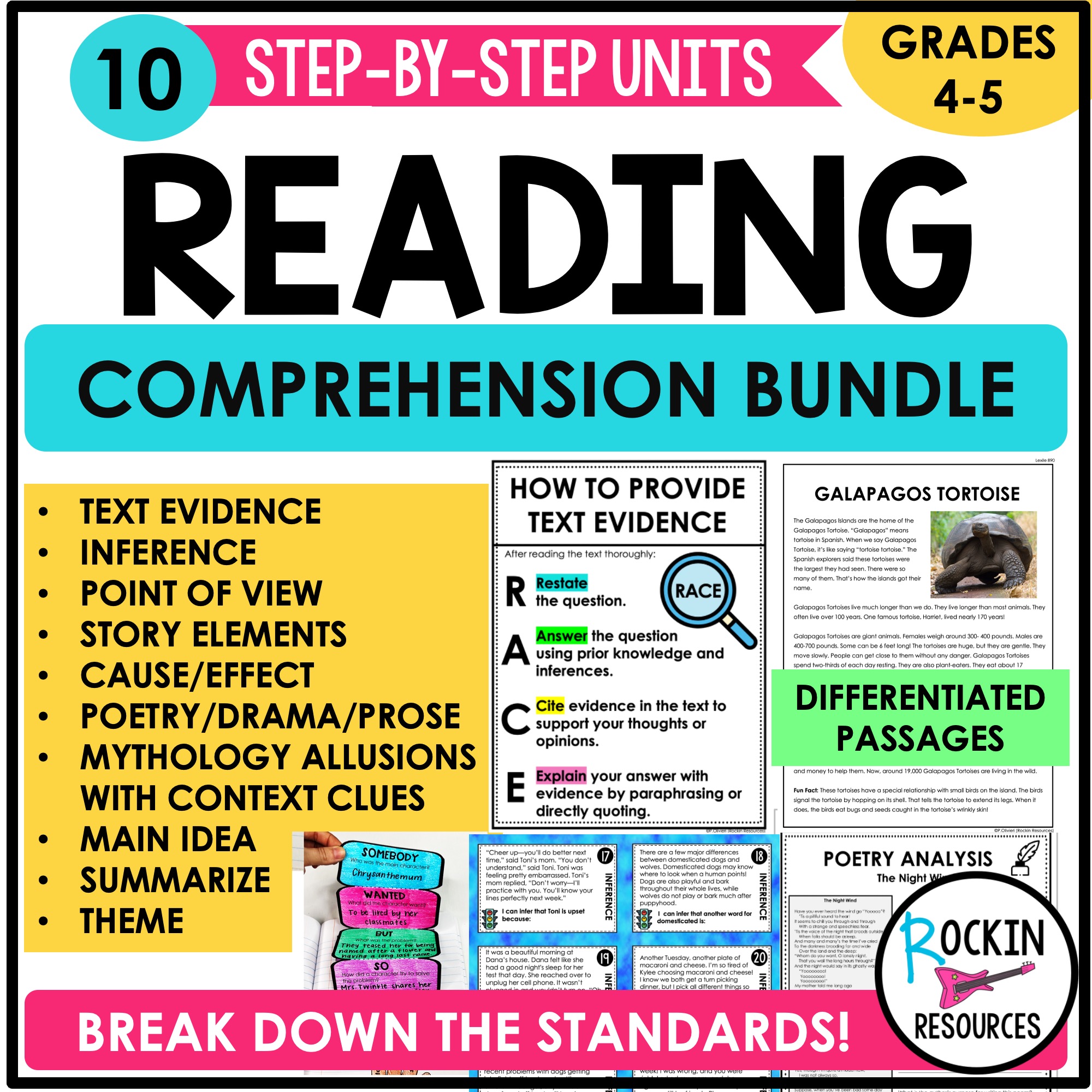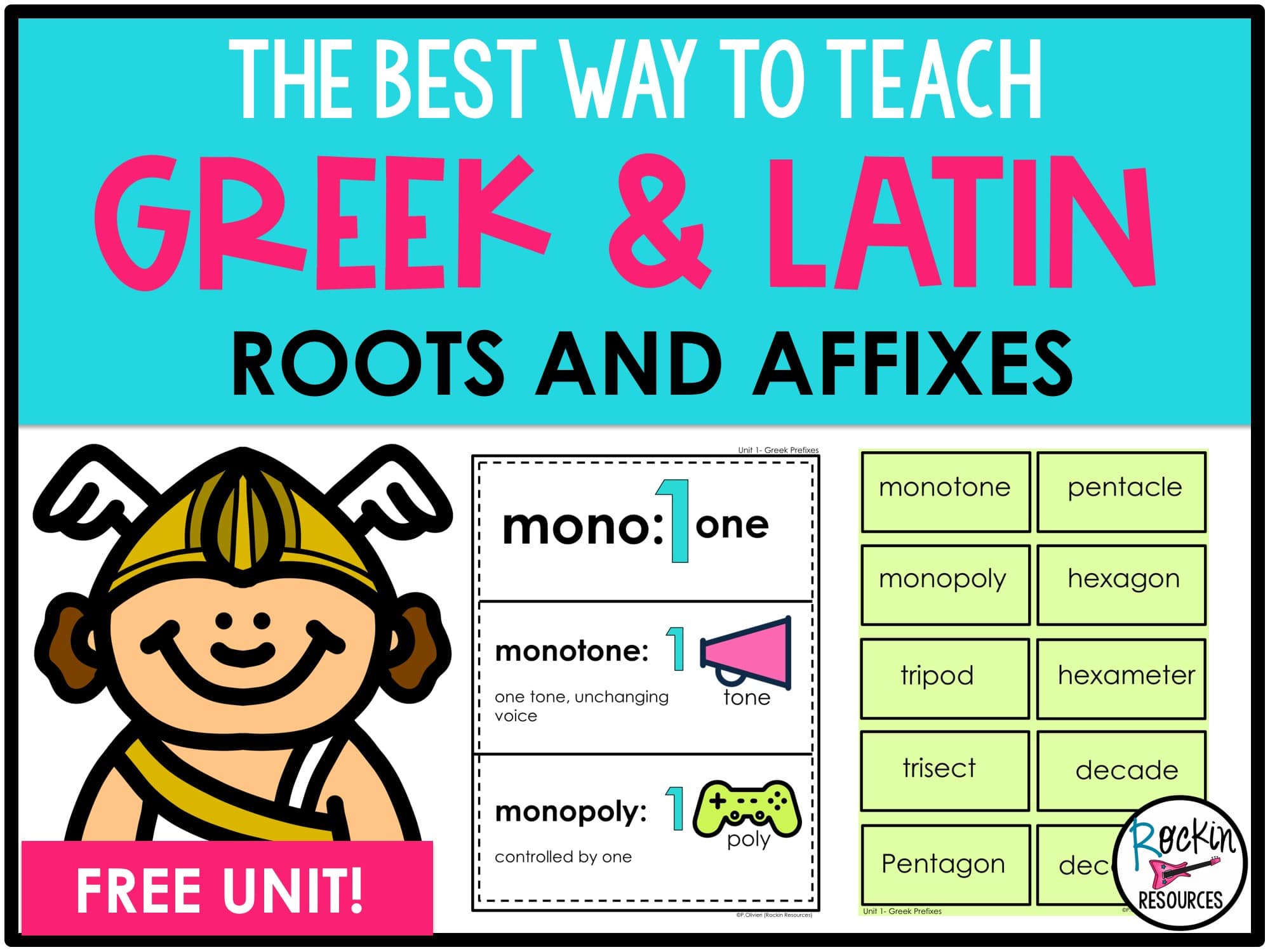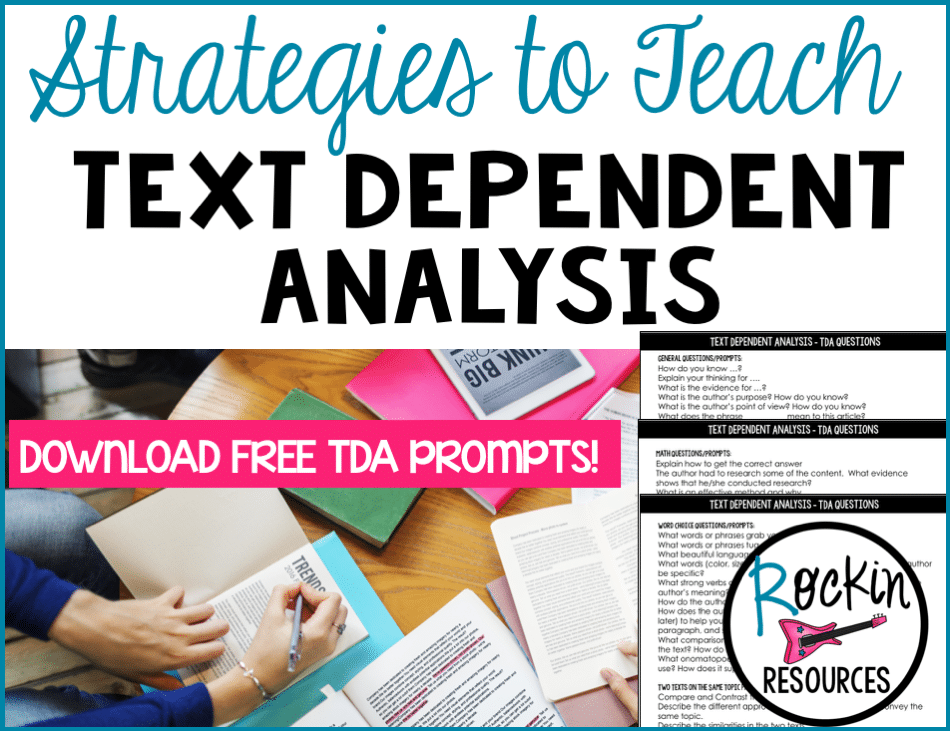Many students experience anxiety when taking tests, especially standardized assessments. The best ways to ease this stress are through preparation, practice, and perspective. Give students a chance to try out tools and question types ahead of time. Talk about the test in a “big picture” way and help them stay calm and confident, reminding them it matters, but it’s not worth the worry. Read on for the Best Ways to Prepare Students for Standardized Tests.
Let’s Talk Vocabulary
To truly learn vocabulary, students need repetition and meaningful connections. Simply memorizing words isn’t enough, especially for those with learning difficulties. Instead of relying on familiar words, help students build stronger language skills by making GREEK AND LATIN ROOTS AND AFFIXES part of your daily routine. Use the words often and in different contexts—writing, reading aloud, and independent reading. Spiral reviews after each unit can help reinforce and deepen understanding. They will have an advantage during test time!
So what do you do if testing is right around the corner? Review the list of words by posting the anchor charts (more on anchor charts below) around the room, handing out study cards, and playing games with them.
What else should students be prepared for? In addition to creating robust vocabulary with authentic reading and writing opportunities, it’s important to help students learn test-specific academic vocabulary. For example, do your students know the difference between analyze, evaluate, describe, and explain? What about citing, implying, inferring, or alluding? The fact is, these words will come up on various text-based questions and many adults still struggle to define the terms to provide necessary answers accurately. TEXT-BASED QUESTIONS are difficult enough without leaving your students wondering about the terms the test uses. They need their brain power to tackle those questions! Teach academic terms used in testing explicitly and provide many opportunities to practice. An anchor chart of frequently-used testing vocabulary may come in handy. Once students master the different kinds of vocabulary, they will have more confidence to answer questions.
Meaningful Review
- Anchor Charts & Notebooks: Anchor charts break down key concepts and skills students need and serve as helpful visual references throughout the year. If you don’t use INTERACTIVE NOTEBOOKS, have students copy mini-versions into their own notebooks for independent work and review. Though charts must be covered during testing, their regular use boosts recall and eases anxiety through familiarity.
- Group practice: Review your content and skills with interactive games for the whole group or small groups. Whether it’s a jeopardy-type game or a basketball review, it will refresh their minds on what they learned throughout the year. Working in small groups and making group decisions helps students study without putting too much pressure on them. Students who might not know a particular skill can listen to their classmates’ discussions and answers.
- Standards: Reviewing the standards. Make sure you have covered all the standards for each subject. Get out a list of your standards or checklists and see if there are any areas where your students may not have a solid understanding. Then, provide some extra review. For example, if you are reviewing reading standards, use READING SKILLS PASSAGES AND QUESTIONS to review each skill.
Teach Text Evidence
When students are prepared to dive deep into a paragraph or article to find answers within the text, answering text-based questions during a standardized test is less intimidating. Whether you use the ACE or RACE method, students will have the tools they need to find answers within a text. Use the strategies from this blog: HOW TO TEACH TEXT EVIDENCE. Then find out what tools students will have available during the test. Is it paper and pencil? Can they use a highlighter? Is it computerized? Do they have access to highlighting? From there, you can better instruct your students on how to use these strategies during the test.
Preview Calculators
Depending on your student population and the test you’ll be proctoring, you might be using a calculator that your students are not familiar with. Even if your students are great at mathematical operations, many kids (and adults!) have begun to rely on their phone calculators. Practice some sample mathematics problems with your students starting well before the test, making sure to use the type of calculator they’ll be using during testing. This will help them avoid the last-minute confusion and panic that could come from using an unfamiliar device.
Control the Environment
Create a Supportive Environment: Standardized tests can feel out of our control, especially for students with special needs. While accommodations help, you can ease anxiety for all by controlling the classroom setup. Plan seating and testing changes early, and let students gradually adjust. Keeping students in familiar spaces, when possible, boosts comfort and memory. Even covered anchor charts and posters can spark recall and support grounding techniques during stressful moments.
Teach Mindfulness
Mindfulness Matters: Testing stress can overwhelm even the most prepared students, especially with schedule changes and room switches. Help reduce anxiety by incorporating mindfulness practices throughout the year and during test week. Simple strategies like deep breathing, calming music, or the 3-3-3 grounding technique (name three things you see, hear, and feel) can help students stay calm, focused, and confident. These tools not only ease nerves—they can actually improve performance! And check out our Positive Thinking Journal!
Perspective
Keep Testing in Perspective: This may be the most essential tool in your test-prep kit. High-stakes tests often get a lot of attention—from schools and families—but they’re just one piece of data. Overemphasizing them can harm authentic learning and cause unnecessary stress. Many factors affect test scores, including anxiety, focus, and even whether a student had breakfast. Remind yourself, your students, and their families: a test doesn’t define a person’s worth or potential. Use the results to guide instruction, not as a final judgment.
So, as testing approaches, remind your students: This is one score in a lifetime of scores and opportunities to show how great you are! We’re betting that if you put these things in perspective, test-prep and testing itself will be a much smoother ride!
I hope you found some valuable tips to use for testing time!
Keep rockin’!
Discover Related Resources:
-
2nd Grade Reading Comprehension Passages Bundle
Original price was: $41.99.$24.99Current price is: $24.99. -
3rd Grade Reading Comprehension Passages Bundle
Original price was: $41.99.$24.99Current price is: $24.99. -
4th Grade Reading Comprehension Passages Bundle | GOOGLE
Original price was: $41.99.$24.99Current price is: $24.99. -
5th Grade Reading Comprehension Passages Bundle
Original price was: $41.99.$19.99Current price is: $19.99. -
Greek and Latin Roots – Prefixes, Suffixes Study Units Bundle – 20 UNITS!
Original price was: $59.98.$24.00Current price is: $24.00. -
INTERACTIVE STEP-BY-STEP® WRITING PROGRAM ULTIMATE BUNDLE
Original price was: $379.00.$189.00Current price is: $189.00. -
Middle School Step-by-Step Writing® Program Grades 6-8
Original price was: $100.44.$70.00Current price is: $70.00. -
Reading Skills Bundle for Reading Comprehension
Original price was: $14.97.$12.00Current price is: $12.00. -
Step-by-Step Reading Skills for Reading Comprehension Bundle 1
Original price was: $83.92.$68.99Current price is: $68.99. -
Upper Elementary STEP-BY-STEP WRITING® Grades 3-5
Original price was: $100.44.$70.00Current price is: $70.00.
For more, check out these blog posts:
Share this blog on Pinterest:

https://www.healthline.com/health/grounding-techniques
https://scholarworks.gvsu.edu/cgi/viewcontent.cgi?article=1390&context=theses
https://achievethecore.org/aligned/robust-vocabulary-instruction/
https://www.differentiatedteaching.com/how-vocabulary-is-destroying-your-test/
https://www.lauracandler.com/calculator-skills/
https://bigthink.com/personal-growth/mindfulness-test-prep
https://www.gse.harvard.edu/news/uk/17/11/when-testing-takes-over
Beck, I. L., McKeown, M. G., & Kucan, L. (2013). Bringing words to life: Robust vocabulary instruction. Guilford Press.
Shanahan, T. (2005). The National Reading Panel Report. Practical Advice for Teachers. Learning Point Associates/North Central Regional Educational Laboratory (NCREL).








